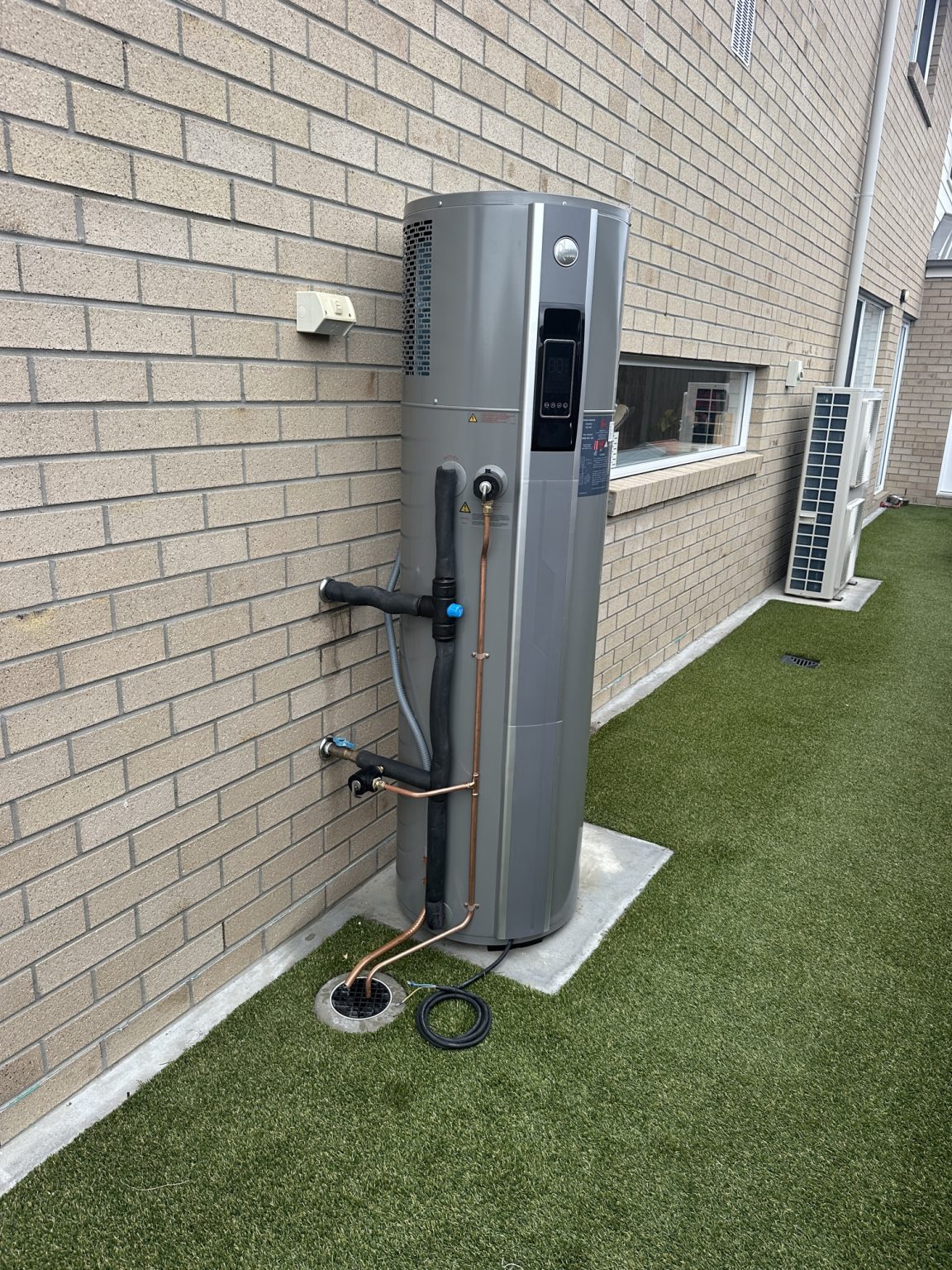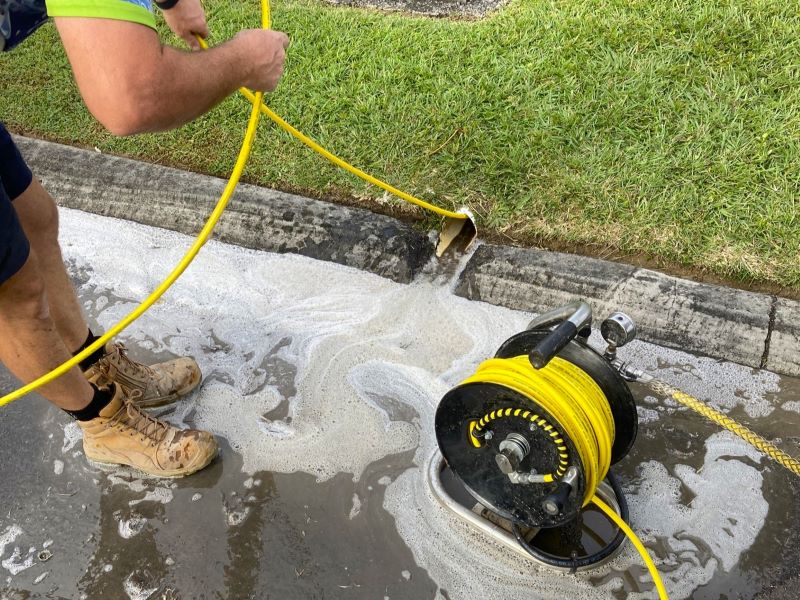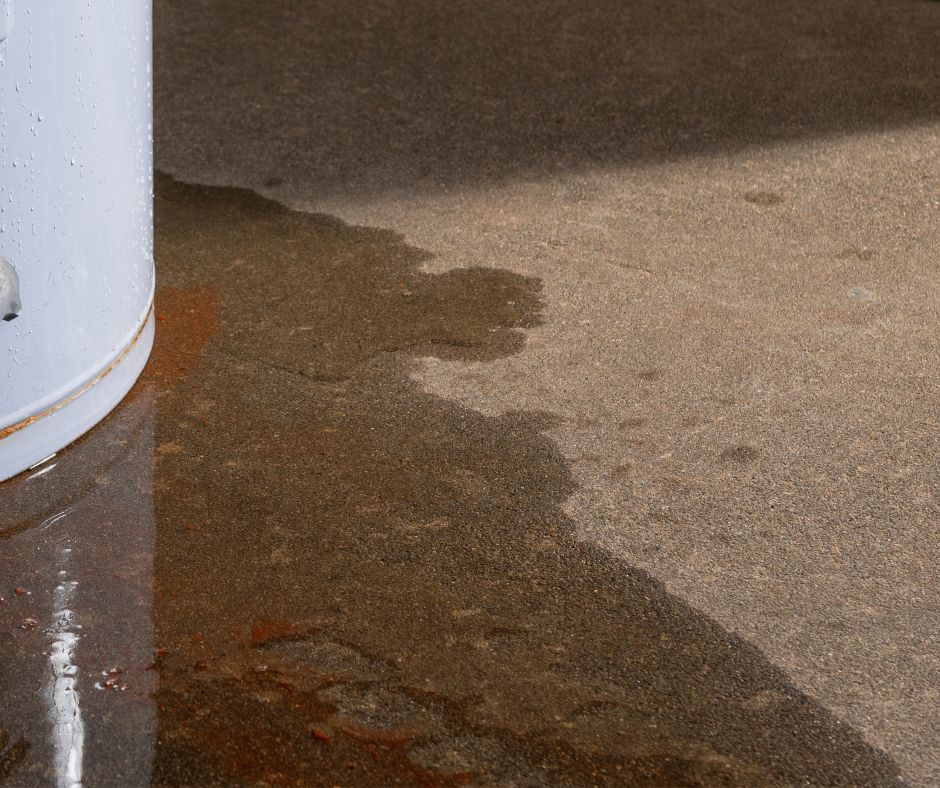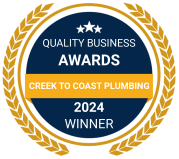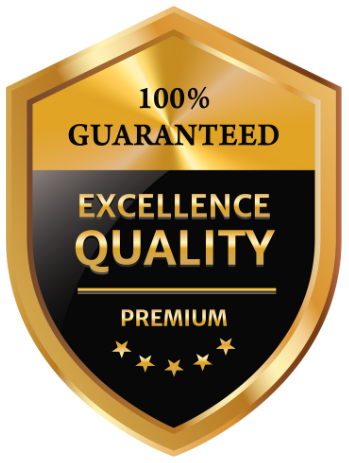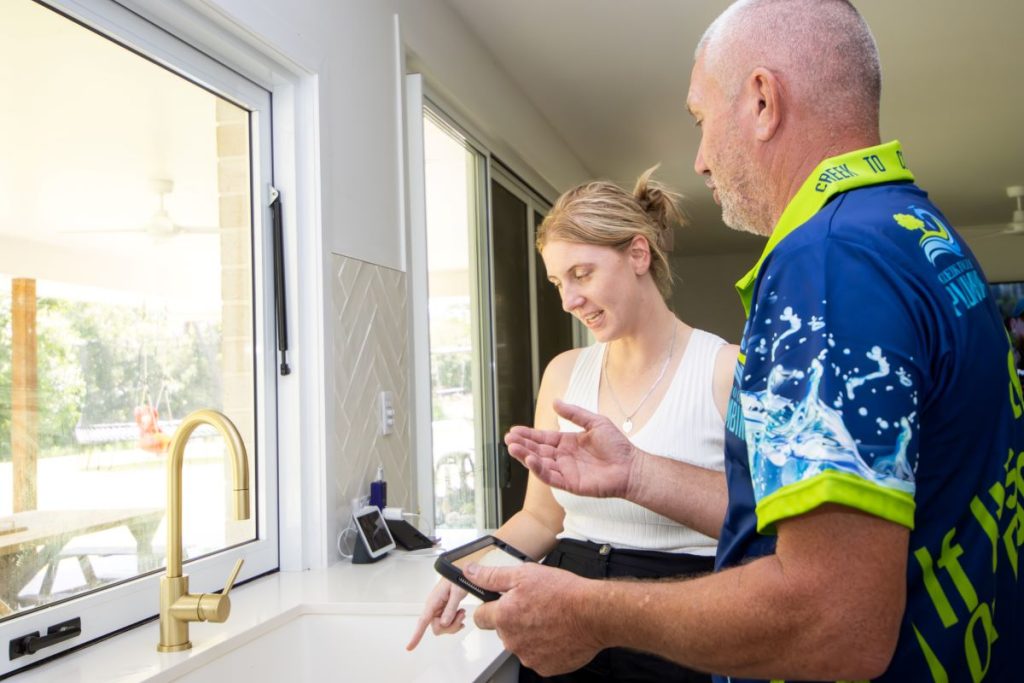
Choosing a hot water system is no longer just about getting something that works. It’s about energy efficiency, long-term cost savings, and future compatibility with solar power and smart homes.
For Queensland homeowners, the debate often comes down to two popular systems: solar hot water and heat pumps.
Both are energy-efficient alternatives to traditional electric storage or gas systems, but they work very differently and suit different households, climates, and budgets.
In this article, we’ll break down the differences between the two and explain why heat pump systems are gaining ground.

How Each Hot Water System Works
Solar Hot Water Systems
Solar hot water systems use roof-mounted collectors to absorb energy from the sun. This heat warms water in a storage tank. Most systems include a backup electric or gas booster for cloudy days or high demand periods.
Heat Pump Hot Water Systems
Heat pumps don’t rely on sunlight. Instead, they extract heat from the air using a refrigeration cycle and use it to heat water inside a storage tank. They work similarly to an air conditioner in reverse and don’t require any roof-mounted panels.
Comparing Efficiency and Performance
| Factor | Solar Hot Water | Heat Pump System |
|---|---|---|
| Relies on direct sunlight | ✓ | ✗ |
| Works well in shaded locations | ✗ | ✓ |
| Night-time operation | ✗ | ✓ |
| Roof space required | ✓ | ✗ |
| Winter performance consistency | ✗ | ✓ (in QLD climates) |
| Eligible for STCs/rebates | ✓ | ✓ |
| Compatible with solar PV | ✗ (standalone) | ✓ |
Note: In Queensland’s climate, heat pumps typically maintain high efficiency year-round.
Installation and Maintenance Differences
Solar hot water systems require collectors to be installed on your roof, which can complicate installation—especially on older homes or homes with limited roof access. Shading, orientation, and roof pitch all affect performance. Tank placement and plumbing can also limit configuration options.
Heat pumps are usually ground-mounted and come in integrated or split systems. They take up similar space to a traditional electric tank and don’t require any rooftop components. Maintenance is also more straightforward, with fewer exposure points to UV and weather damage.
Which System Saves You More?
While both systems can reduce your energy bills, heat pumps often have the edge in homes that:
- Don’t get full sun all day
- Use hot water early in the morning or late at night
- Already have rooftop solar PV and want to increase self-consumption
- Don’t want to rely on roof infrastructure or penetrate tiles
Because heat pumps operate on electricity, they can be scheduled to run during peak solar generation hours, making them perfect partners for solar panel systems. Instead of exporting excess power for a lower feed-in tariff, you use your own solar to heat water directly.
Upfront Costs and Rebates
Both systems are eligible for Small-scale Technology Certificates (STCs), which reduce the purchase cost. The number of STCs depends on your location, system size, and efficiency rating. Heat pump systems also qualify for Queensland-specific rebates under the Energy Efficient Communities Program, depending on your household and installation type.
A qualified installer like Creek to Coast Plumbing can provide advice on eligible systems and take care of the rebate process as part of the install.
What’s Best for Queensland Homes?
In coastal Queensland climates like the Sunshine Coast and Moreton Bay, heat pumps often outperform solar hot water systems for consistency, simplicity, and compatibility with solar energy. They are particularly effective in shaded or semi-sun homes and work well in homes with battery storage or smart controllers.

Final Thoughts
Solar hot water still has a place, especially in homes with unshaded north-facing roofs and high daily hot water demand. But for many Queensland homeowners, heat pump hot water systems offer a better all-round solution: consistent performance, easier installation, and seamless integration with solar PV systems.
Interested in upgrading? Visit our Heat Pump Hot Water Systems Installation Page to learn more or request a quote.
Our Services
Get A Free Quote
Contact us today for a free, no-obligation quote on your plumbing needs.



